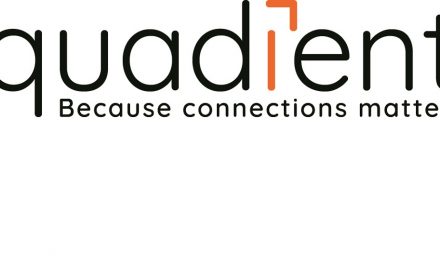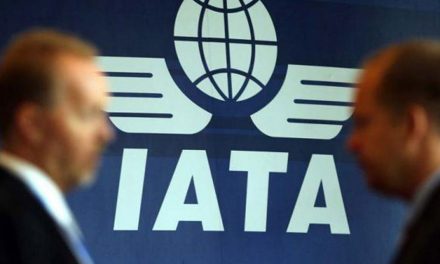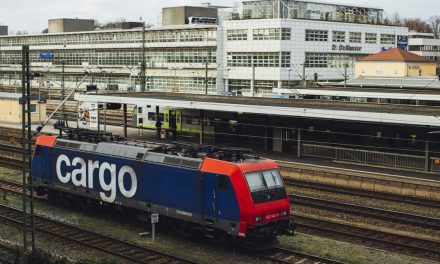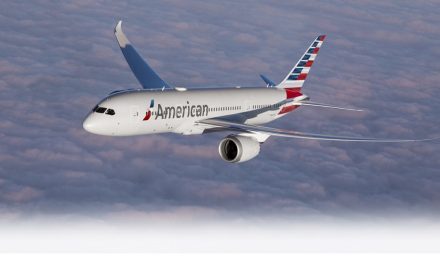
US finalises air cargo screening rule for passenger aircraft
Regulators in the United States have issued a final rule effectively making permanent requirements for the screening of air cargo intended for transport on passenger aircraft. The Transportation Security Administration said the rule finalises the interim measure that has been in place since September 2009, which set up the Certified Cargo Screening Program (CCSP).
The CCSP established a multi-layer screening system for independent companies to be certified to carry out security checks on cargo on behalf of air carriers, with the checks taking place at offsite facilities before transporting it securely to an airport.
The TSA conducts routine inspections to ensure certified screening companies are complying with the CCSP requirements.
The new system was adopted as one of the recommendations of a 2007 Act of Congress setting improved security systems in the wake of the 9/11 terrorist attacks on the US.
From February 2009, air carriers were initially required to ensure at least 50% of air cargo was being screened, but since August last year the requirement was also in place for 100% of air cargo to be screened when using passenger aircraft departing US Airports.
The finalised rule now officially takes effect on September 19.
It sets out the regulatory requirements for screening facilities to take part in the CCSSP, including staff qualifications, security programs and screening procedures as well as the carrying out of five-yearly security threat assessments for staff.
The rule also sets out how TSA-approved verification firms can perform assessments of certified cargo screening facilities (CCSFs).
Publishing its final rule, the TSA confirmed on Thursday: “Under today’s finalized rule and the initial IFR, air cargo entities may apply to become a Certified Cargo Screening Facility.
“CCSFs carry out a TSA-approved security program and must adhere to strict chain-of-custody requirements to secure cargo from the time it is screened until it is loaded onto a passenger aircraft.
“They must also implement a multi-layered security program that includes appointing security coordinators, strict access controls and vetting of key personnel,” said the TSA.












